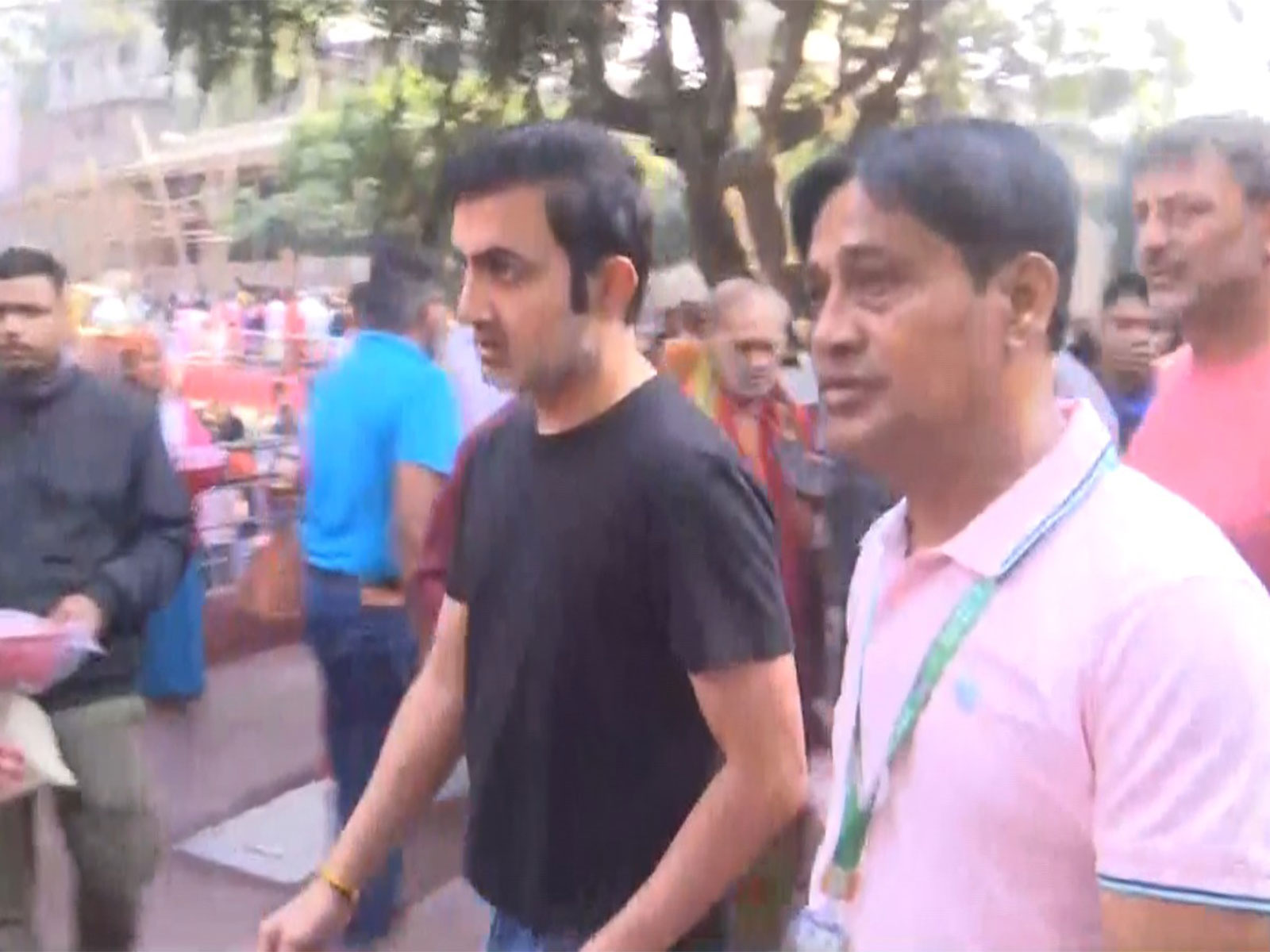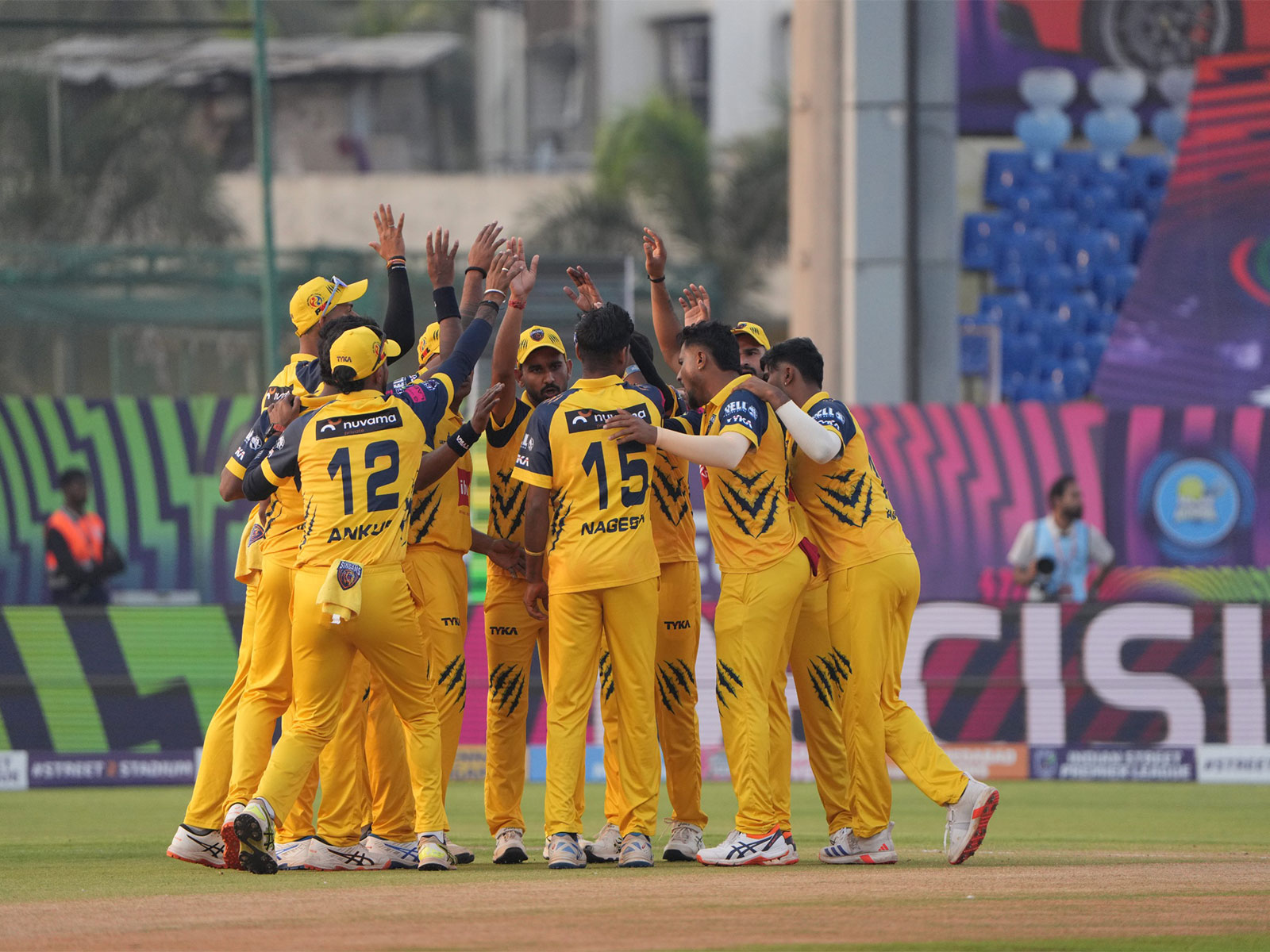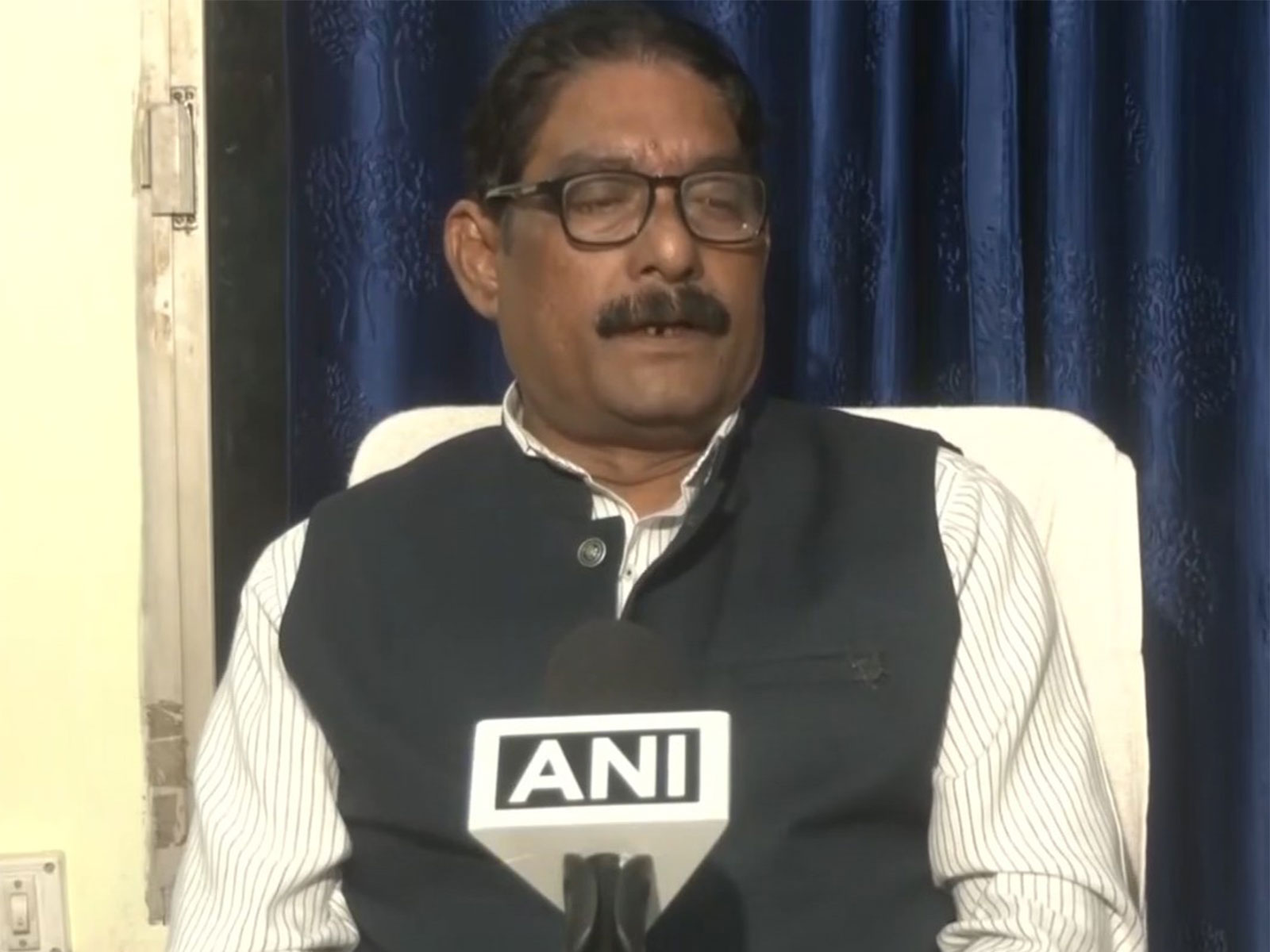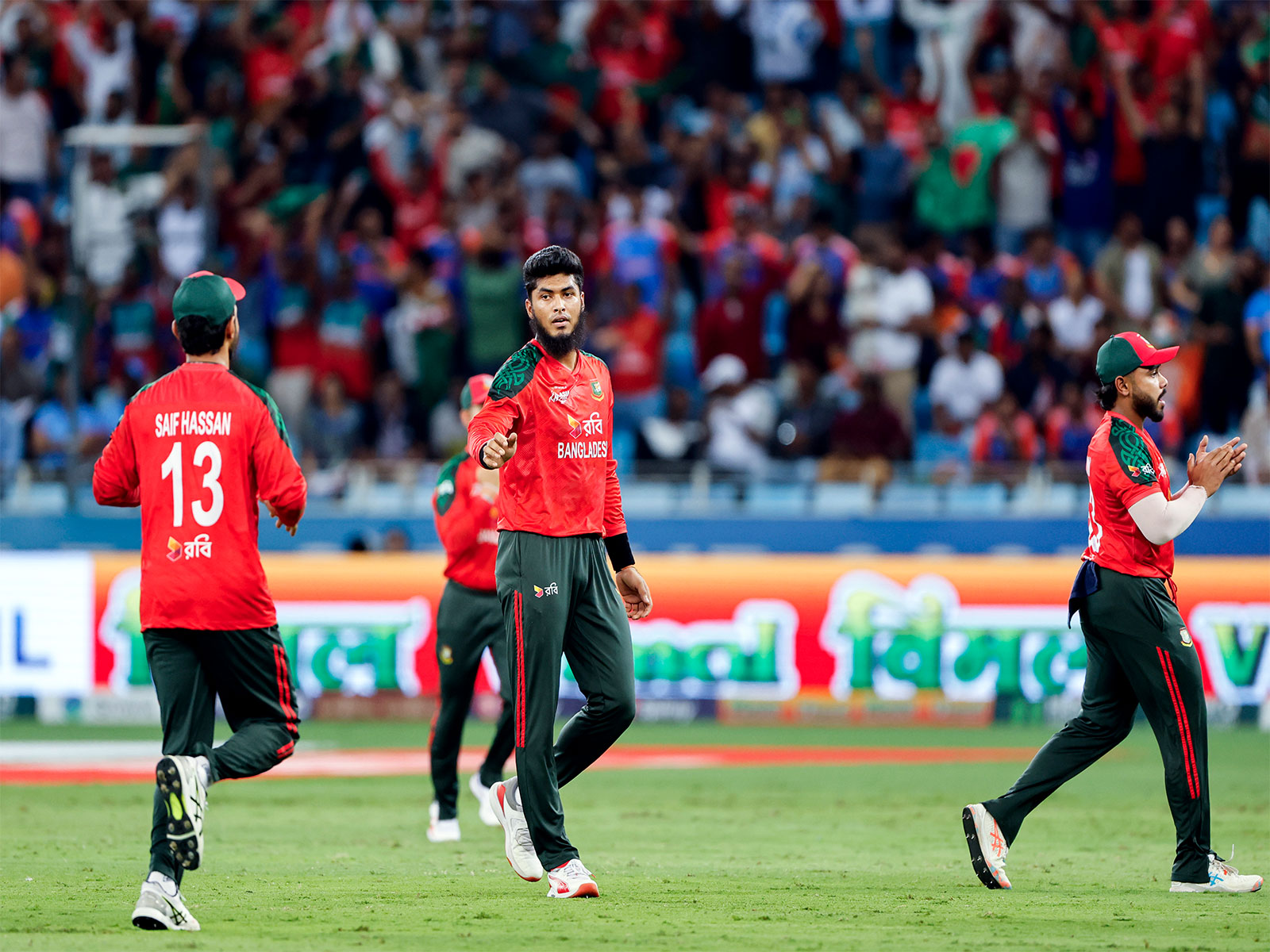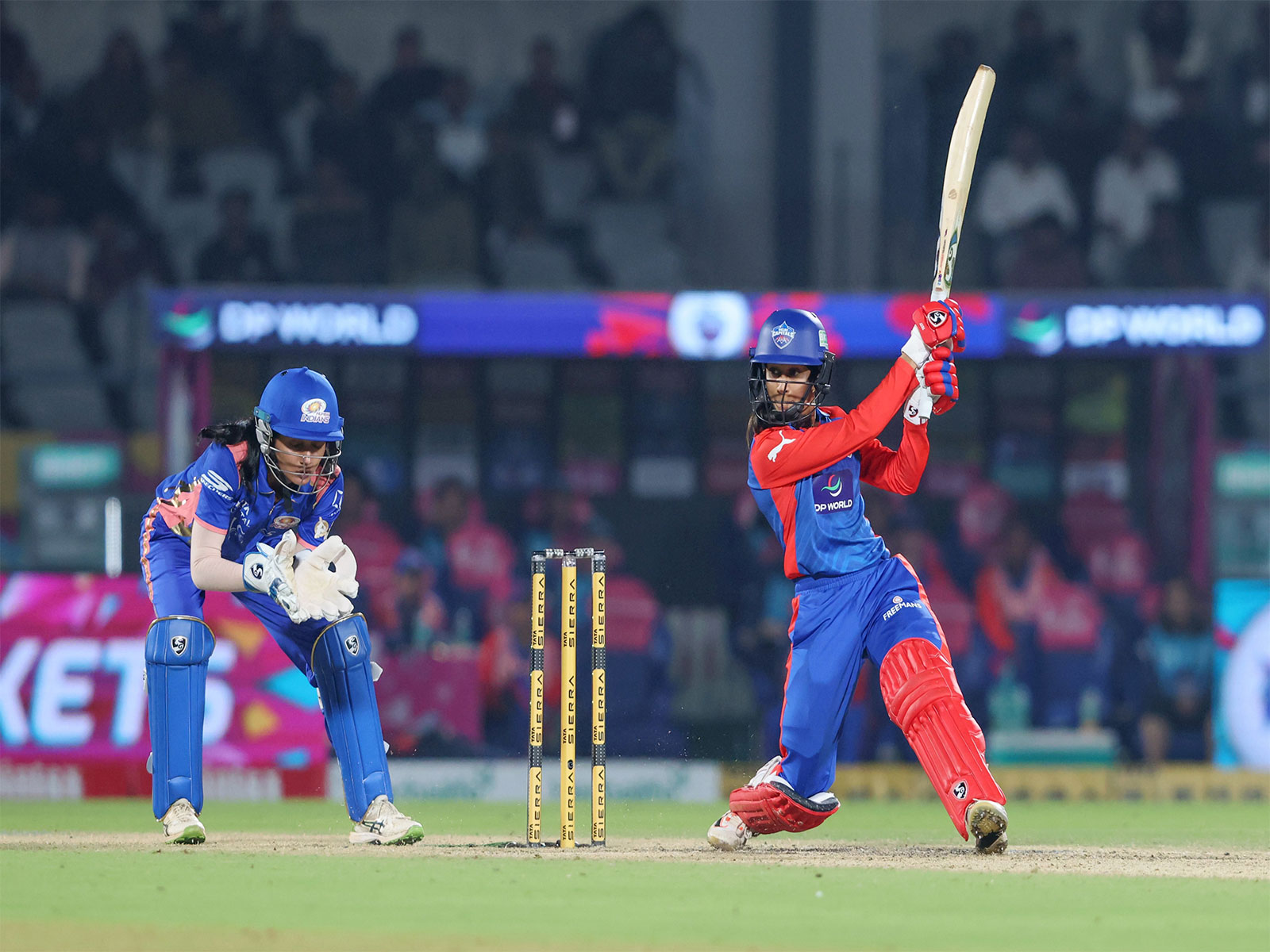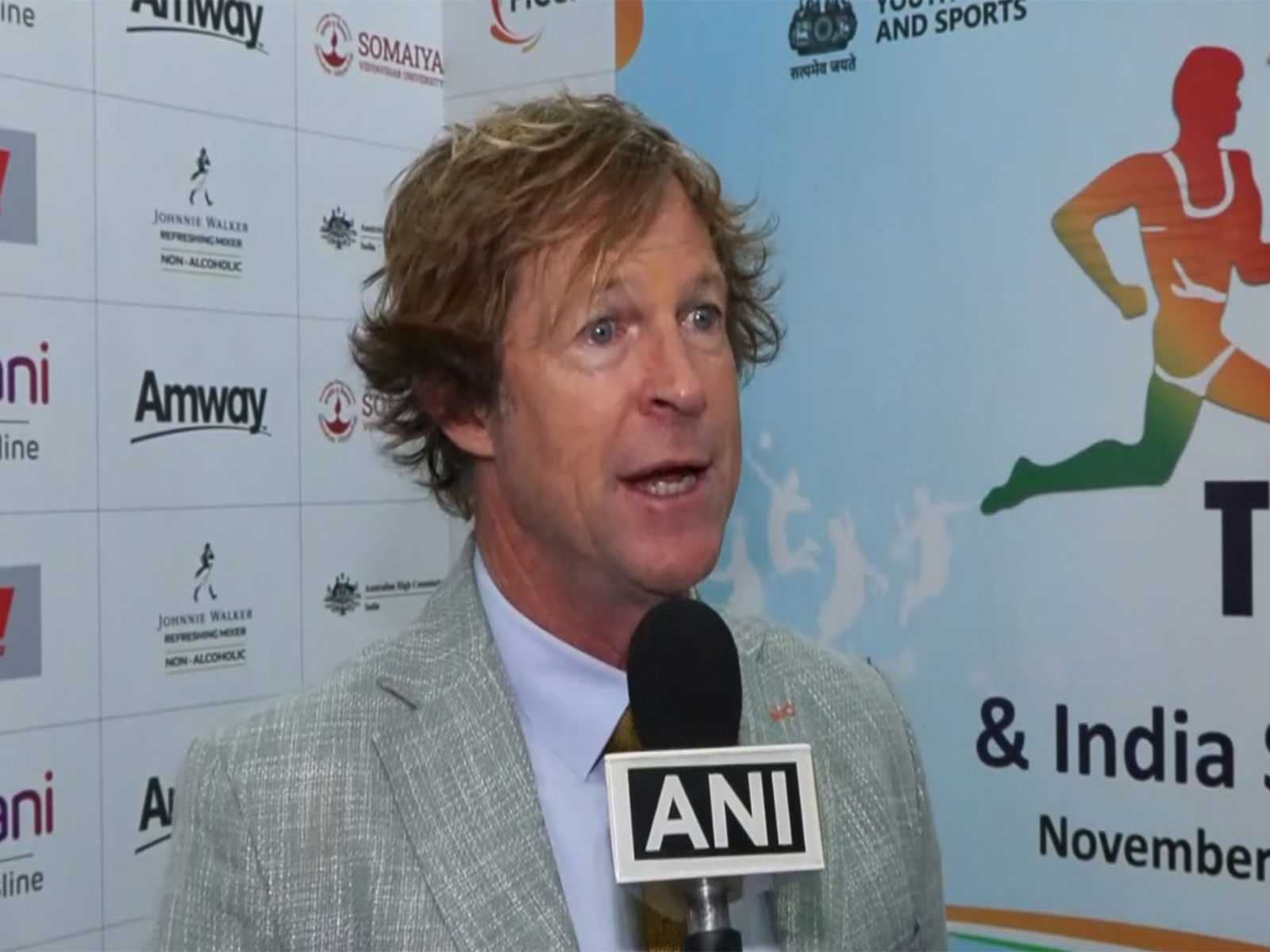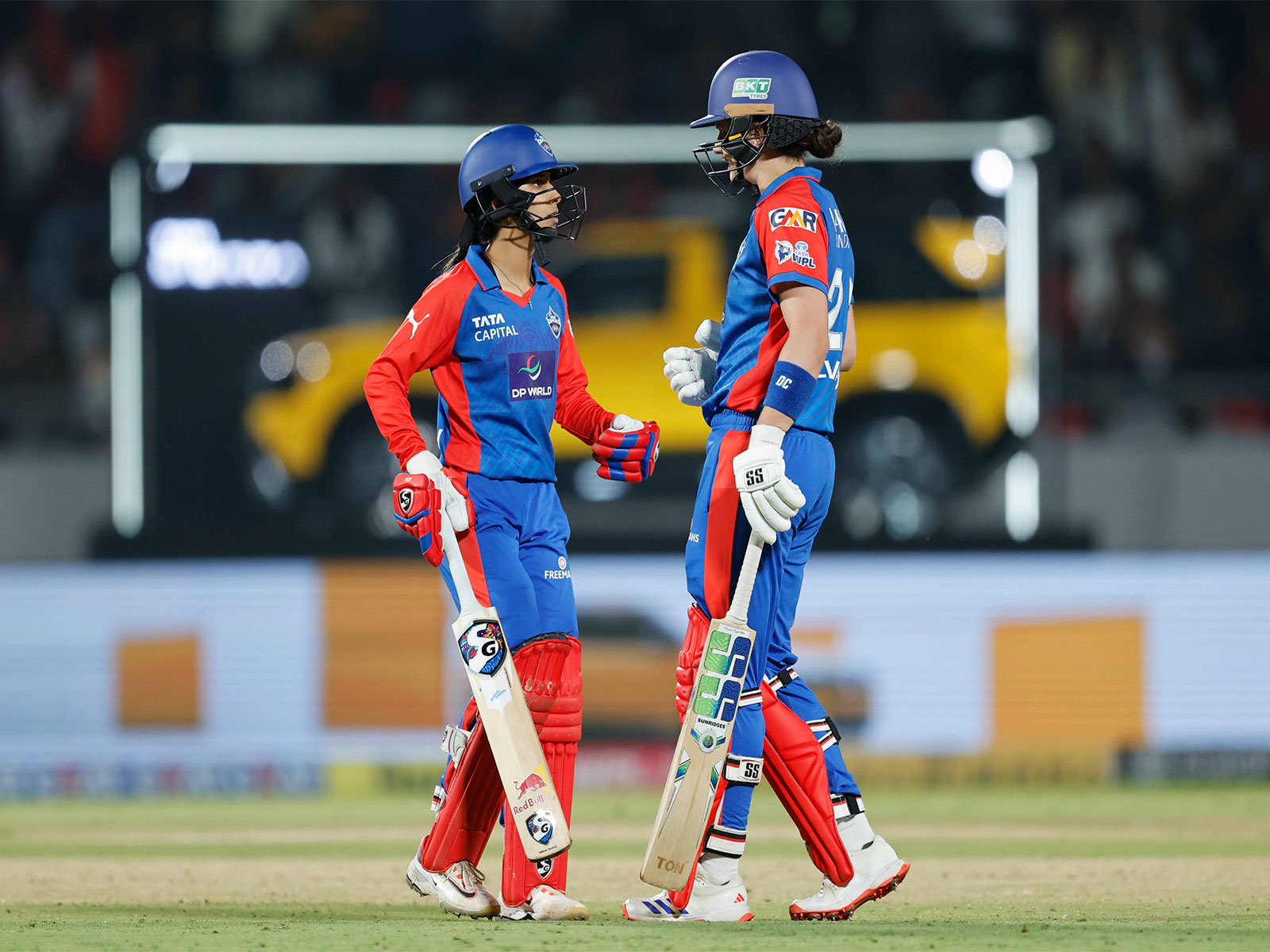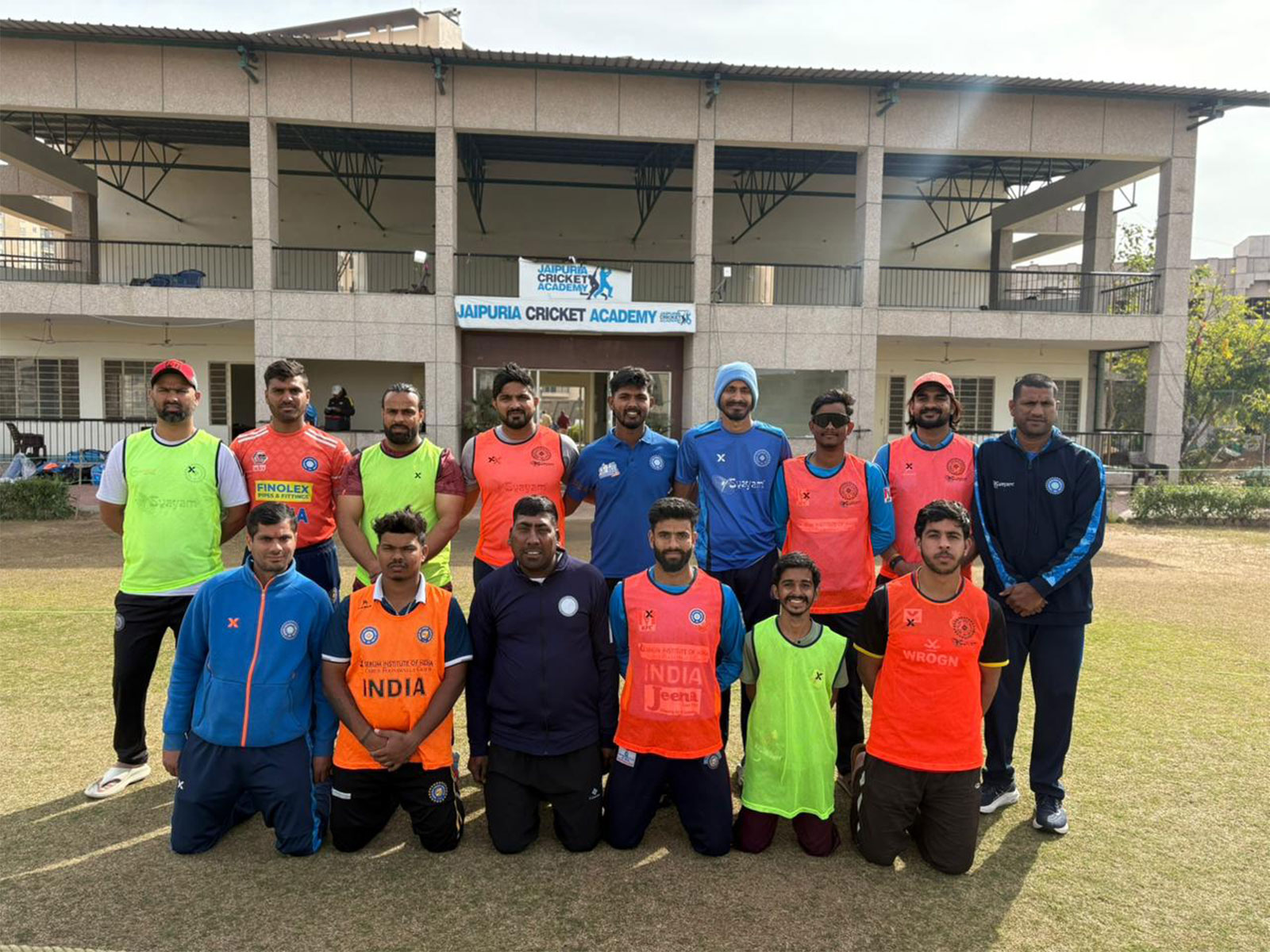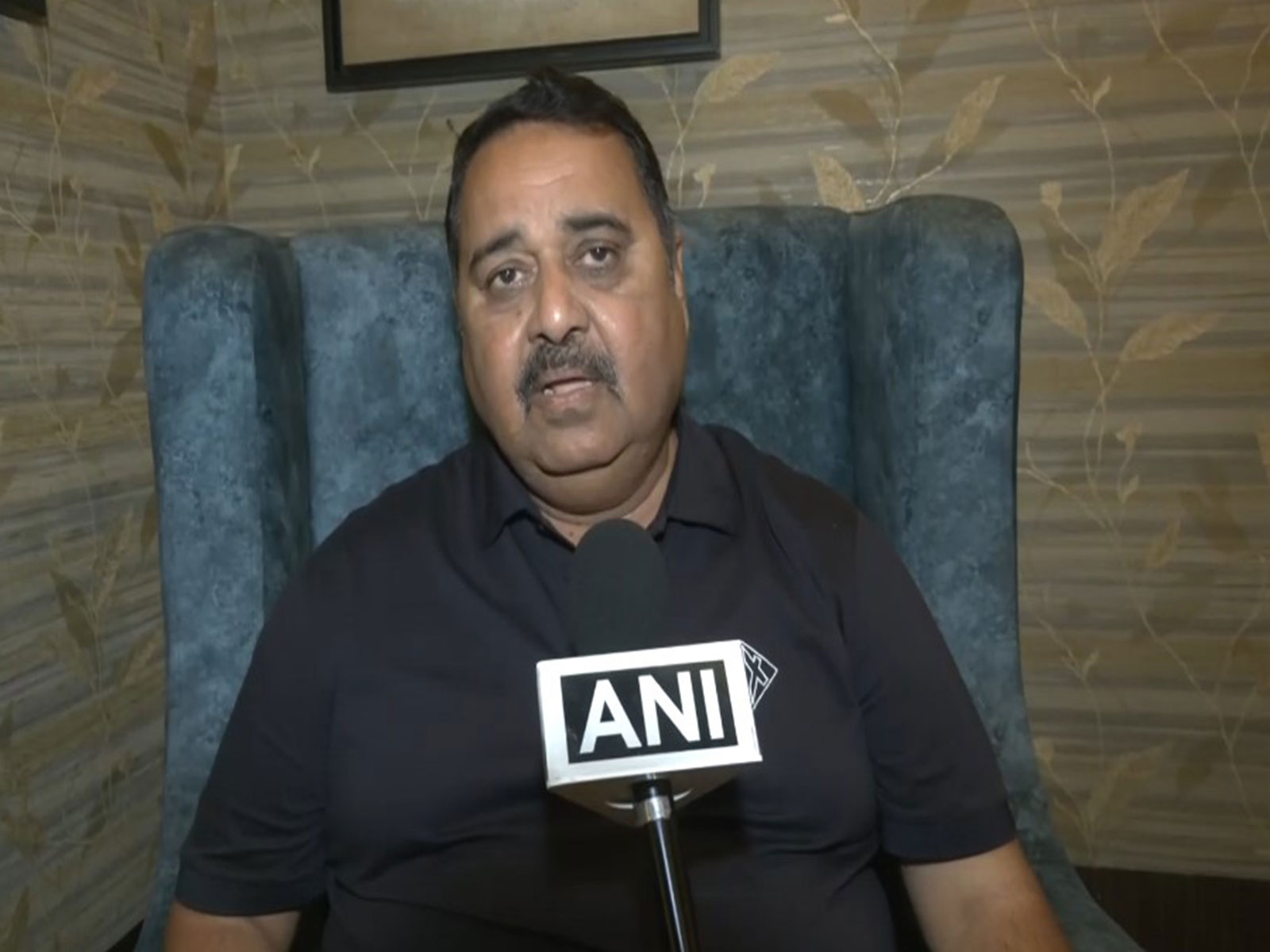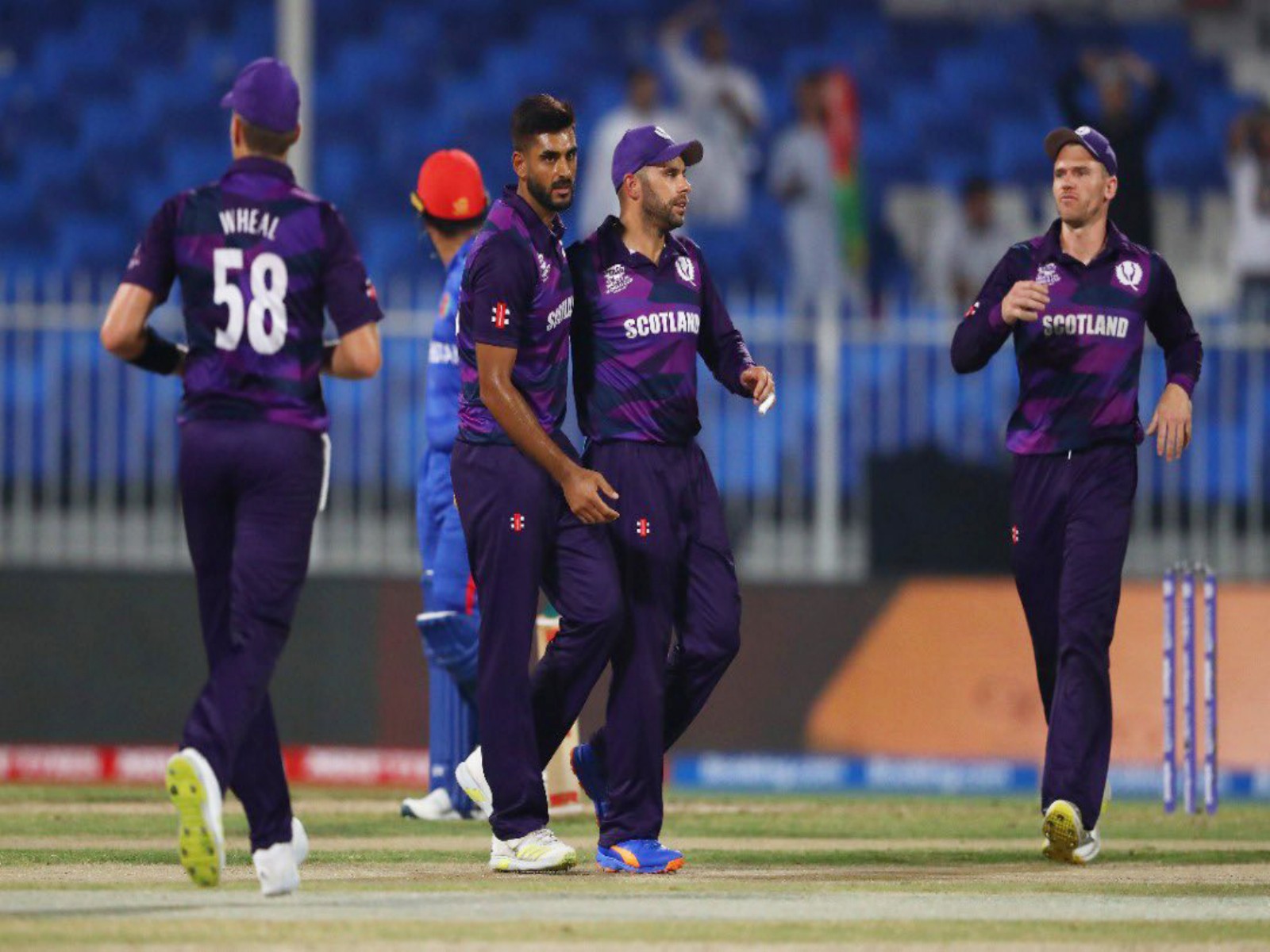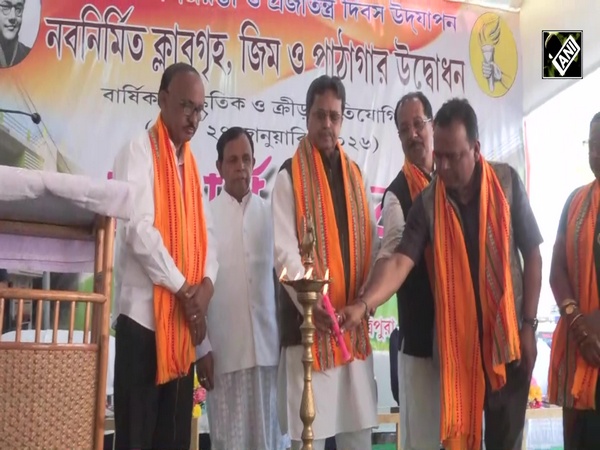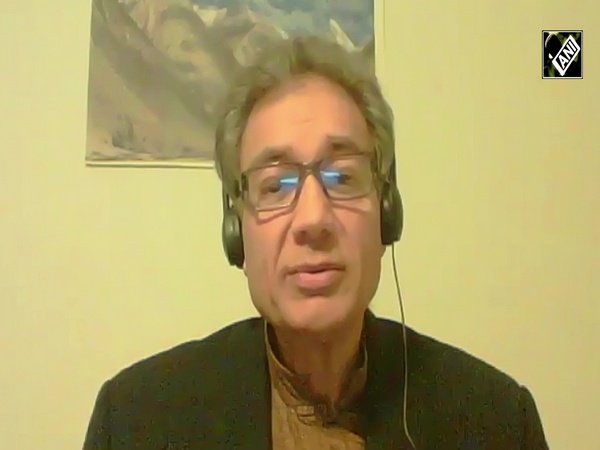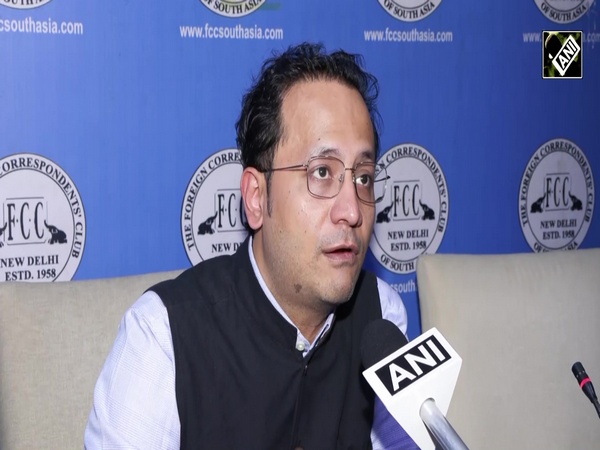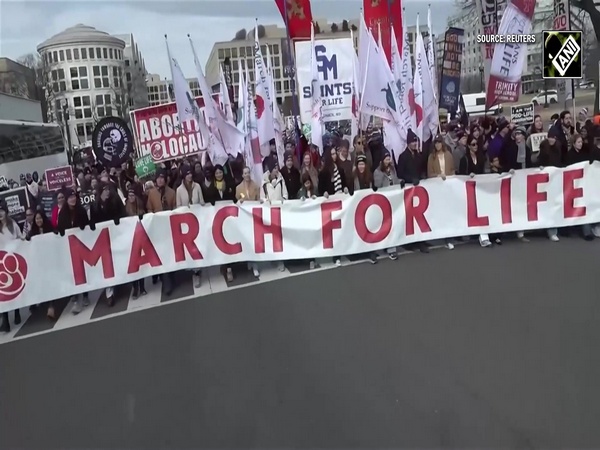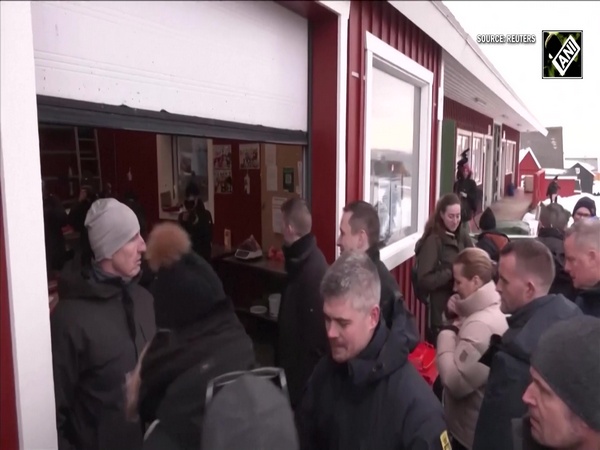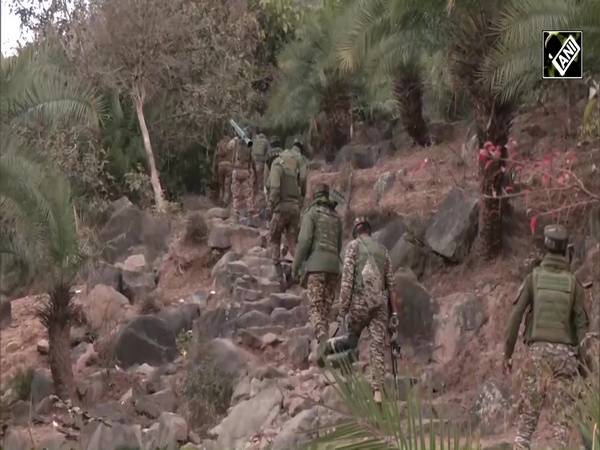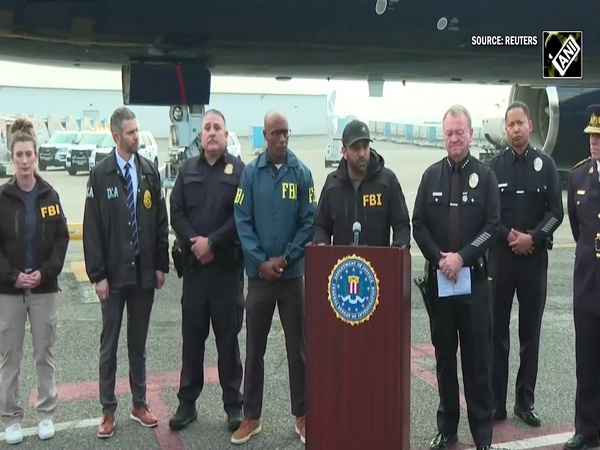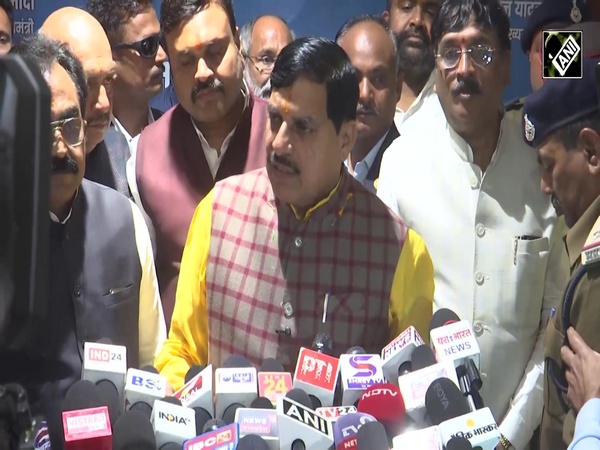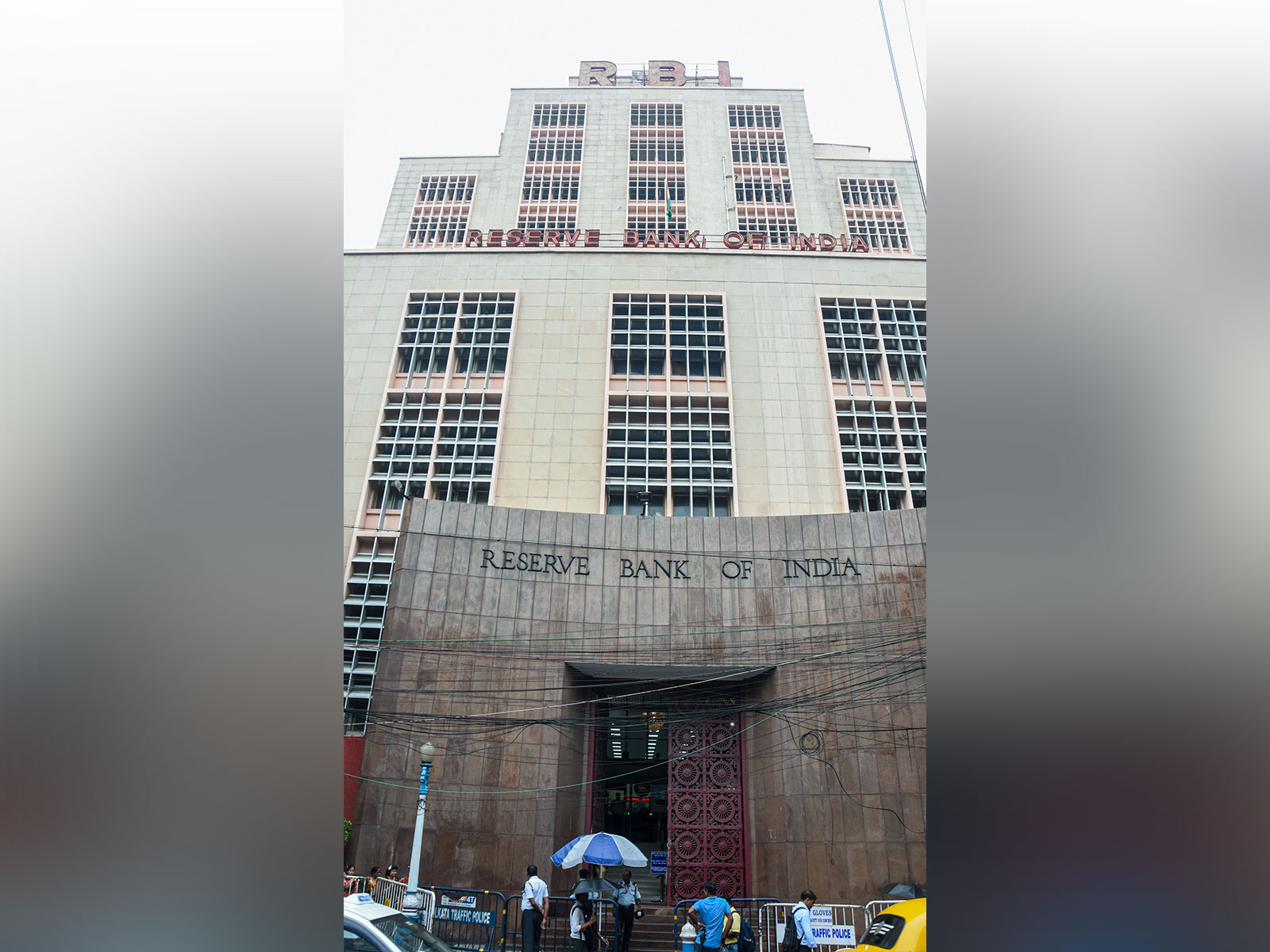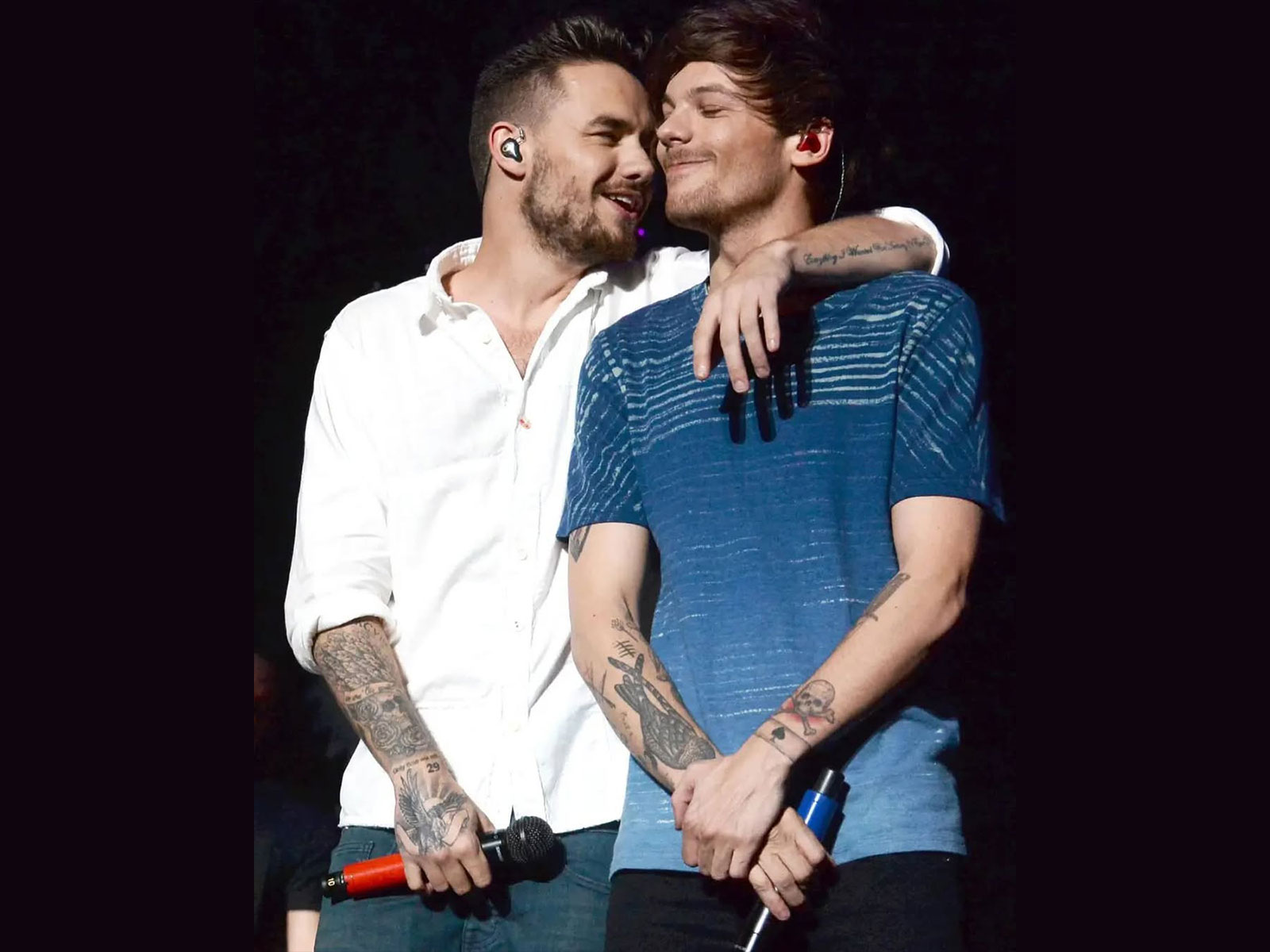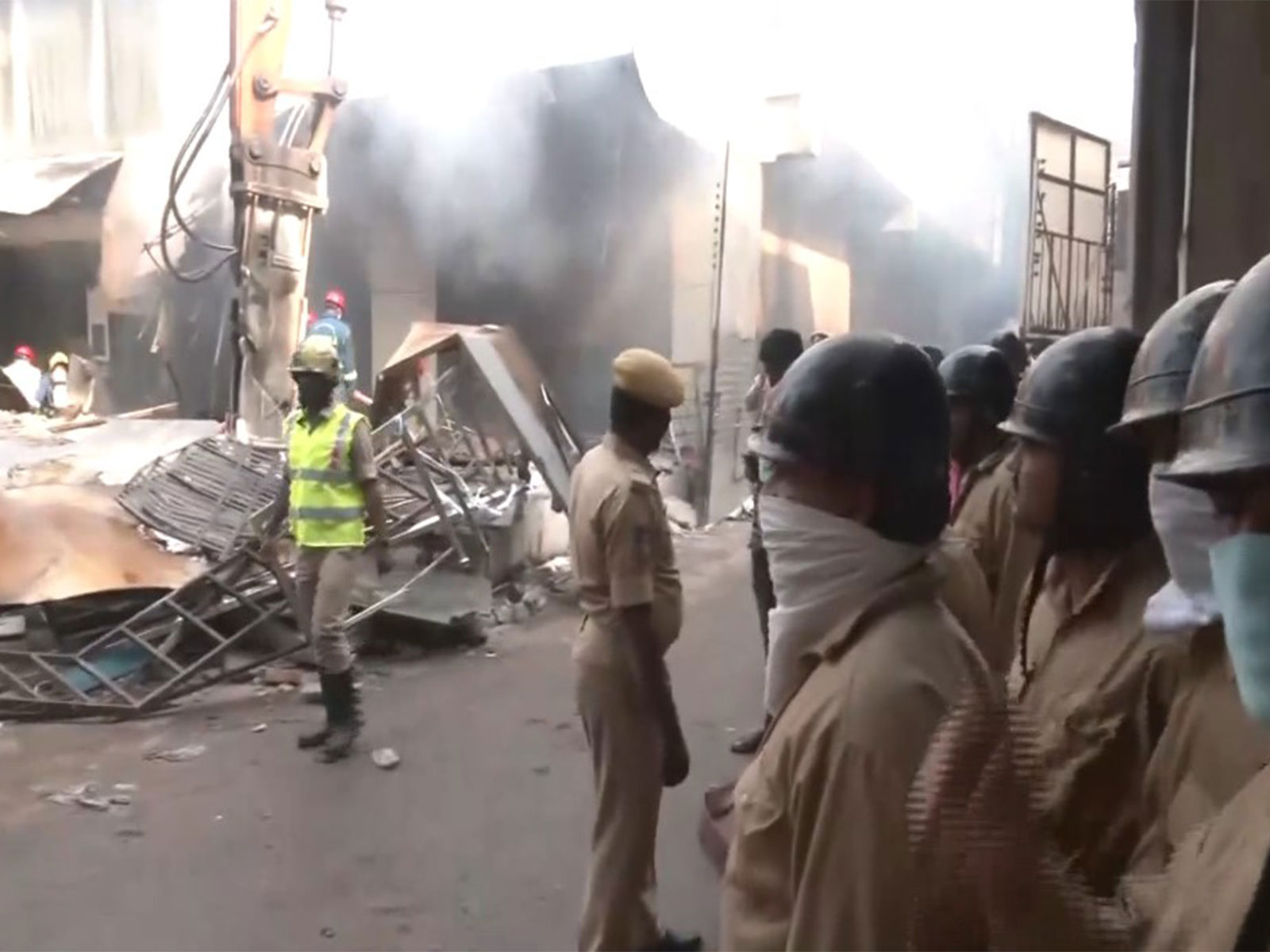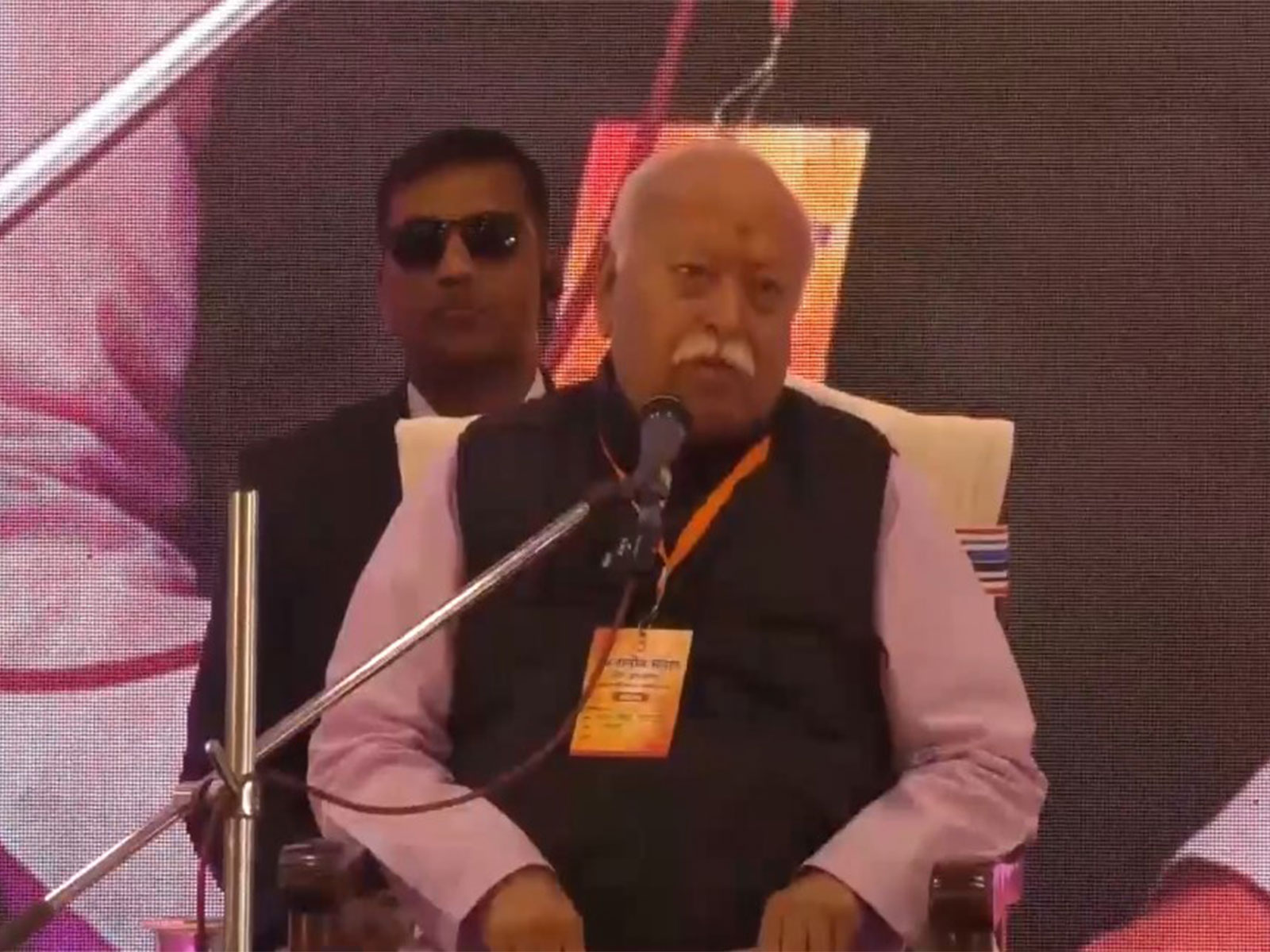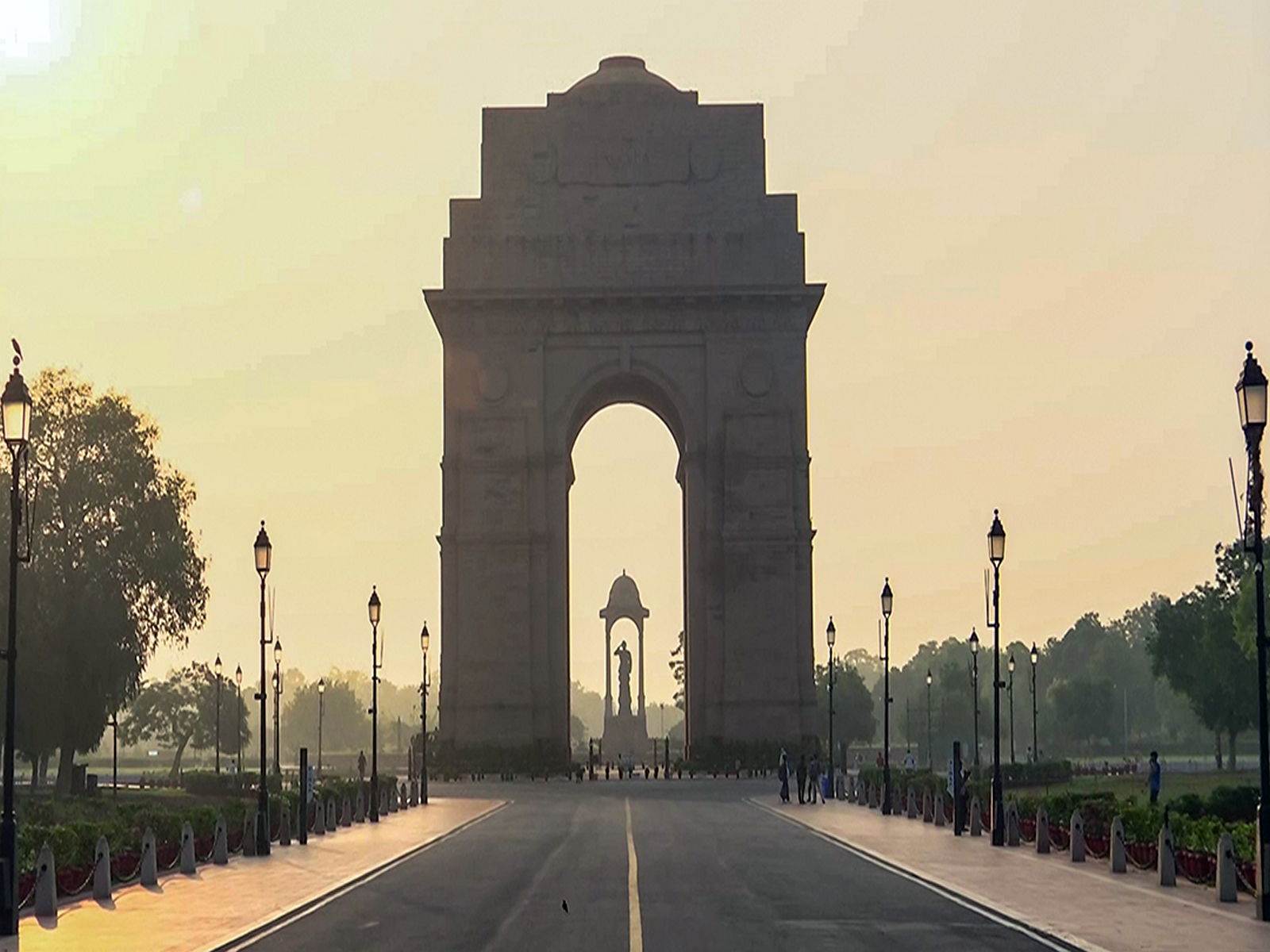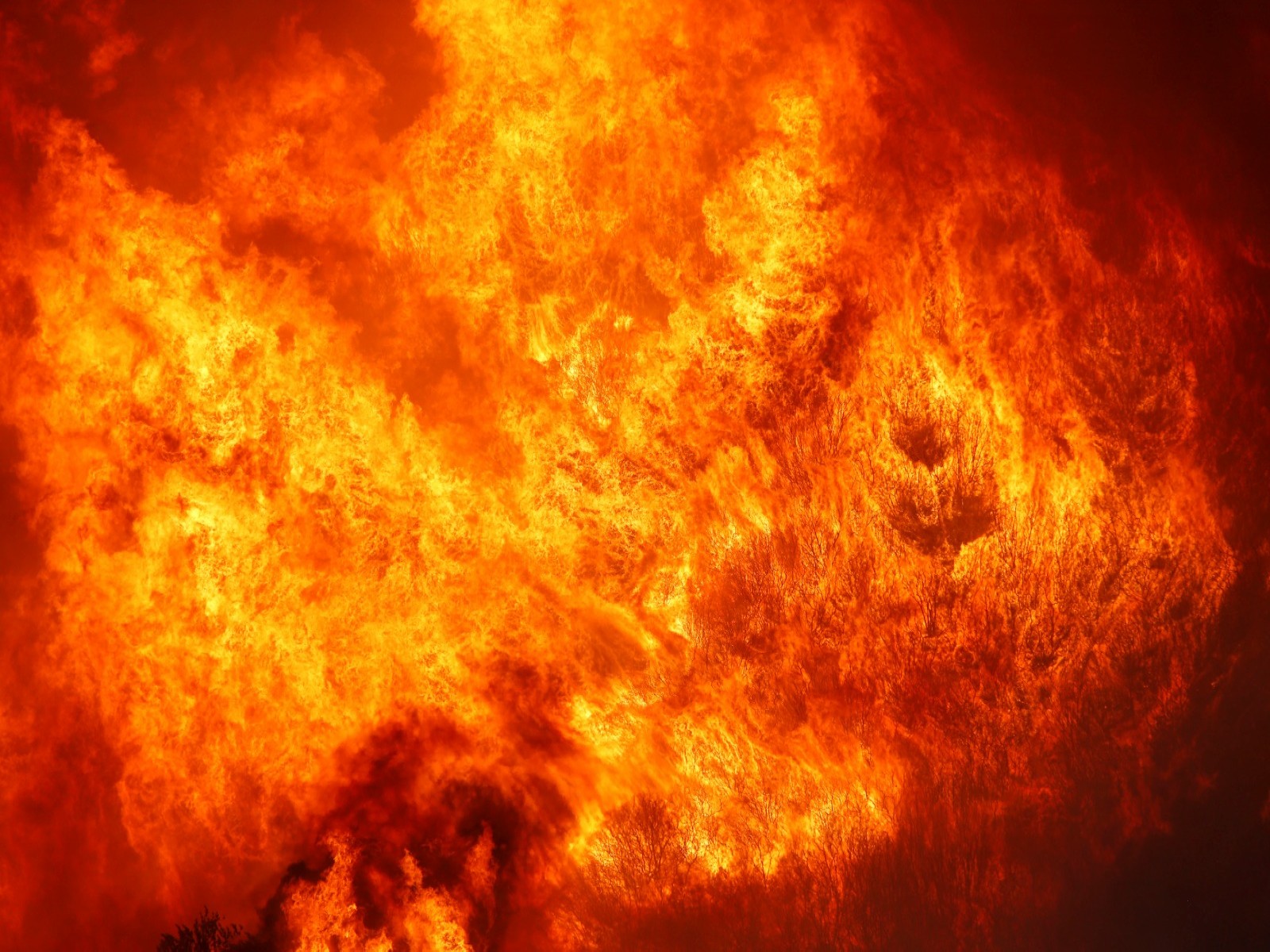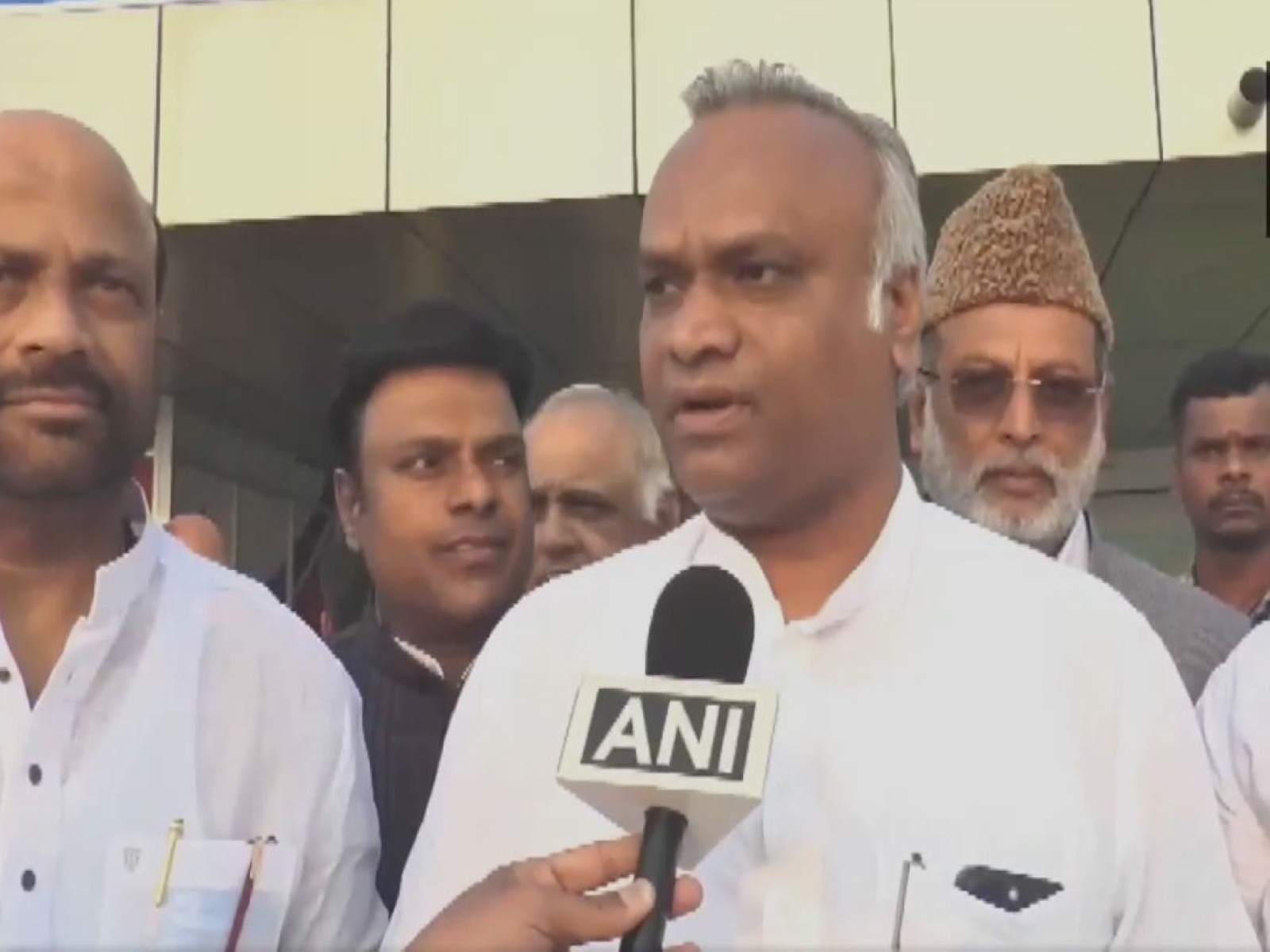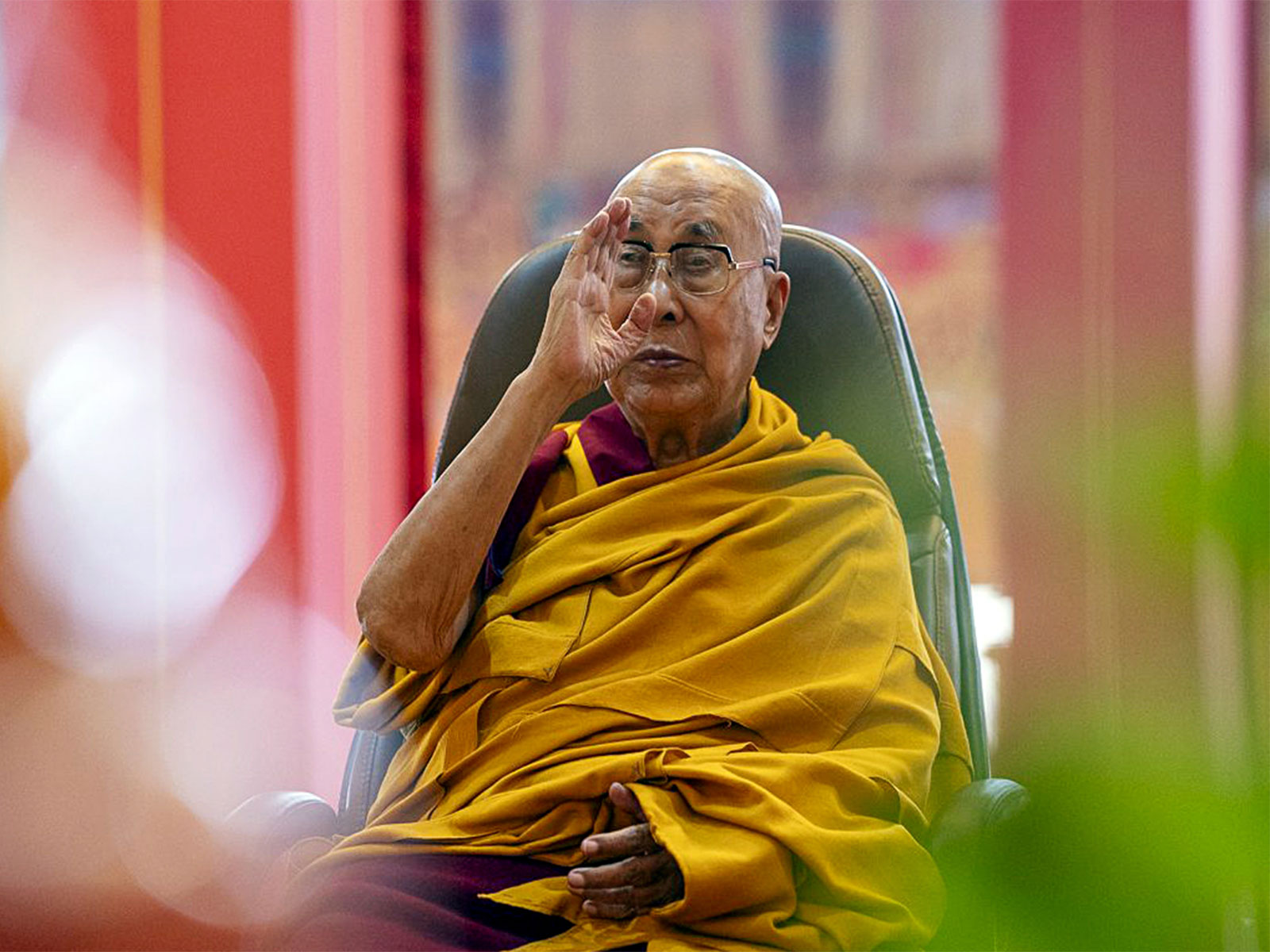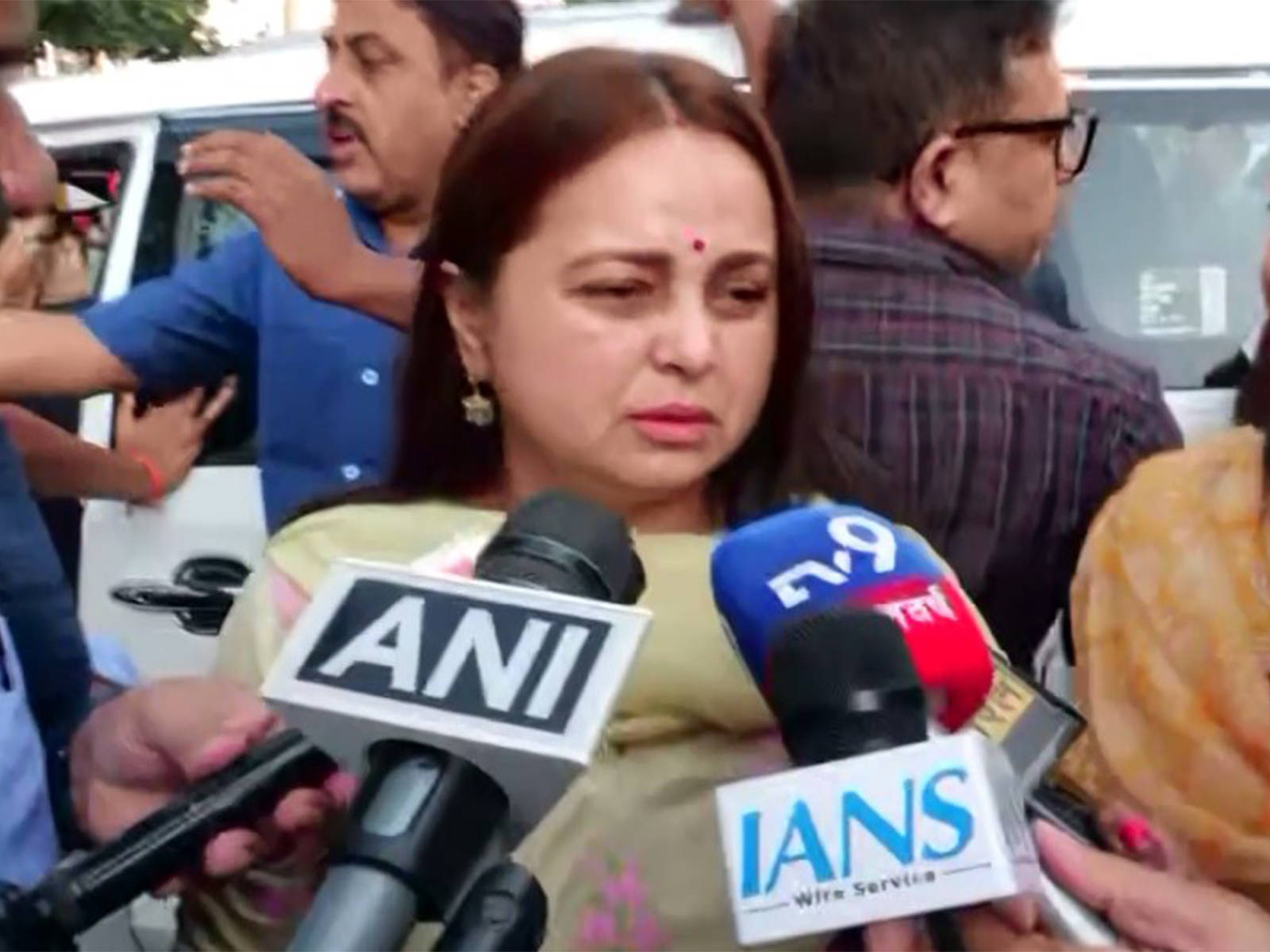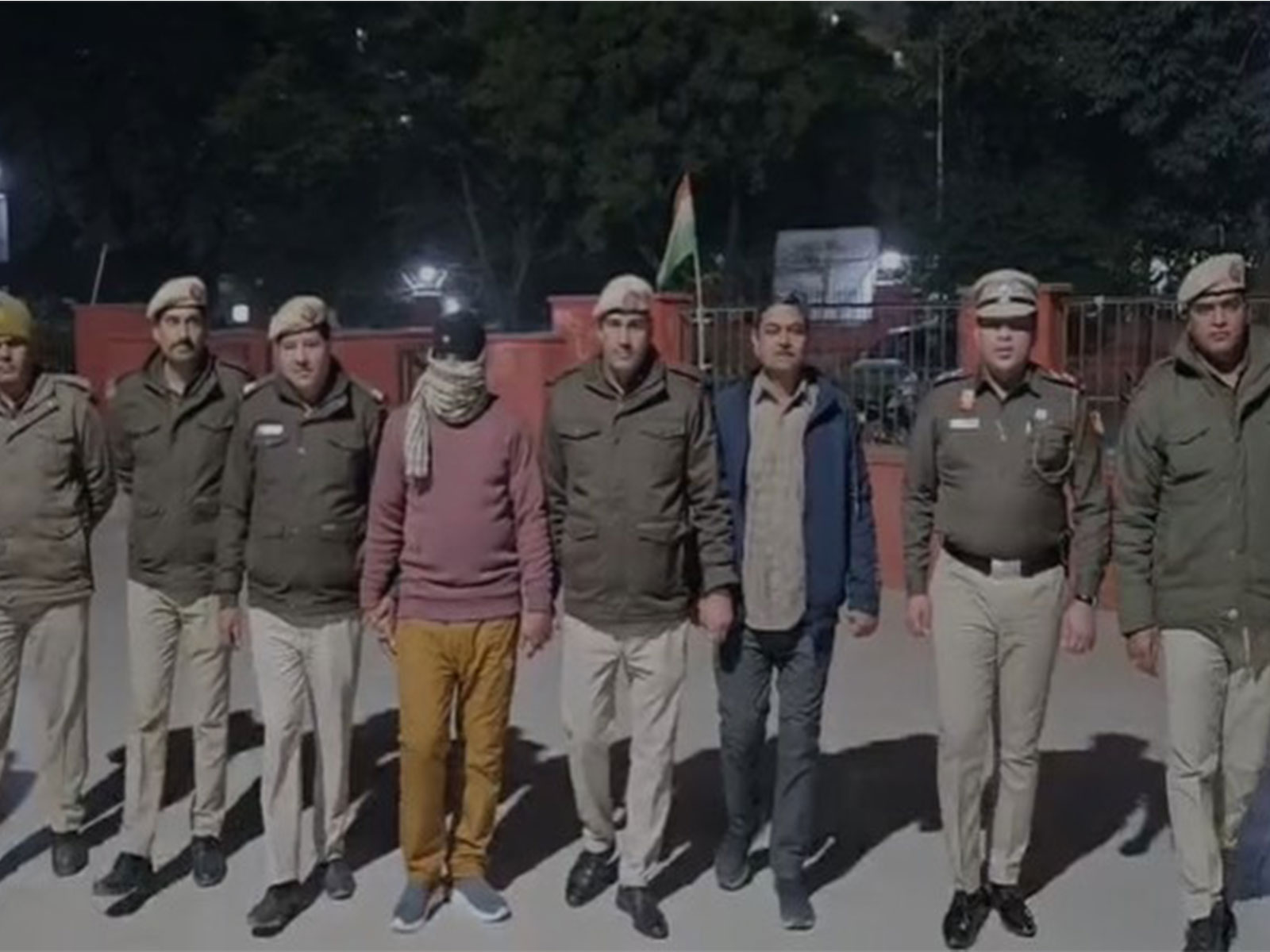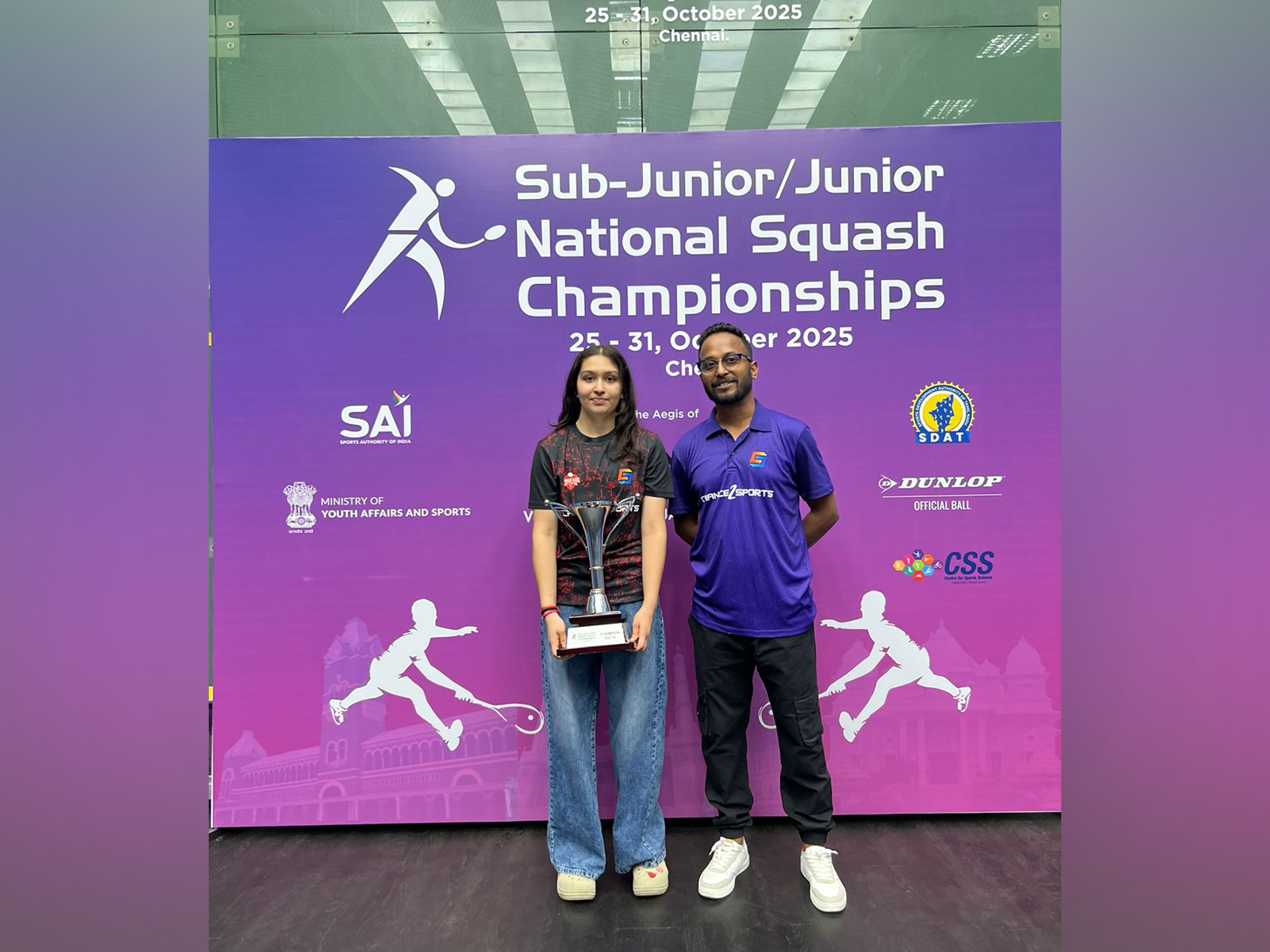
"She kind of convinced me that she is ready to play under-19": Coach reveals how 15-year-old Anika pushed herself for the challenge
Nov 16, 2025
By Diptayan Hazra
New Delhi [India], November 16 : Abhinav Sinha, the coach of Junior National Squash (U-19) champion Anika Dubey, opened up about training a 15-year-old who took on older and stronger competitors to win the title. Sinha, himself a two-time National Squash Champion, spoke in depth about Anika's growth, mindset and the challenges young squash players face in India.
Coaching a 15-year-old in the U-19 category comes with its own challenges, but Sinha said his long association with Anika has helped him understand her better as a player.
"So, I've coached quite a few under-19 and under-17 national champions earlier, but each player is different. It's not a given that if I have produced a champion, I know the formula because every player is different as you know, I mean, it's not given that if I have produced a national champion, I know the formula because each player is different," he told ANI.
"For her, it's been since I've been involved with her from a very early age. I can understand her as a player now. So, as a coach, life is much easier. So, I would say I know what she's thinking, how she's thinking about the process. So, it's quite complicated mentally, but she's a strong player that way nd the new thing for her is basically with her is at this age, she's playing under-19, which is very unique combination. In fact, we had a discussion, couple of discussion whether she should make an attempt to play under-19 or not a few months back, to which as a player, she kind of convinced me that she is ready to play under-19 because obviously, you don't want to push a young player to a different category and I mean, she obviously, she won the under-19 and she has two more years in under-17. So, it was a big call, but I think it went on well that way," he noted.
Coach Sinha also expressed the qualities that will take Anika to greater heights, "So, future, I mean, if I talk about the past and current scenarios, she definitely has overachieved in terms of her age, for sure. She's definitely doing very well, but having said that, again, it's not a given where you will end up, but as of now, I think she just needs to keep doing what she's doing, I mean, it's okay, the tournament is over and then go on but I think her focus has always been there. She's already won three titles. So, it's not like this is the first time she's winning. Obviously, winning a big higher category is different. She is quite focused on doing things. So, I kind of train her hybrid model right now. I'm based in Bombay (Mumbai) now. She's in Pune. She travels to Bombay maybe once over the weekend or every second weekend. I'd see her in the tournament. If I'm travelling, I do sessions. Whatever interaction I have, I explain things. She absorbs very fast. So, that's good and as I said, she's very focused and disciplined. So, I don't have to tell her twice or thrice to do the same thing. So, that quality, I think is obviously, I would say it's good to have for any player for that matter."
Speaking about India's sports development structure, Sinha said progress exists, but major gaps remain, "So, the system though, basically right now, we are the ones. So, ex-players who are getting into the system. So, obviously, the upgrade is there. Like, we run a Chance2Sports programme out of which these two players, in fact, two of our players were in the finals of under-19. Anika is 15 and the other player is 16 years old. So, these are the young players who are under 19. The system supports only top players when you reach somewhere, right? The Women's Cricket Team won. So, now the whole system is behind them but the point is that the 12th player, who must have started 6-7-8 years ago, what support did she get from the starting point? I think that's a big gap."
He added, "Today there is so much funding, CSR money, announcements of crores, but real impact is missing. Foundations and sports programmes don't produce results at the standards expected. There is a need for improvement. In places like Calcutta, football is huge, but a talented kid in a village still has no roadmap. One or two out of 100 make it due to luck or financial strength. We're losing talent every year."
"There is so much funding, CSR fund, so much support has been announced, crores of rupees and we are trying that our foundation starts supporting the players from the early stage.
"I am not saying that everyone will become a champion but at least you, like Anika, we have identified them in 10-12 years. So, the system you are talking about, I think the whole focus of the system is only on the fame part. So, apart from that, if it comes to a real impact, then I am sure there is a lot of potential. Definitely, the system is much better than before but even now, I don't think so. All the foundations, sports foundations or all the sports programmes, so-called, results are not as per the standards. So, definitely, there is a need for improvement and like I said, if people want to work on a real impact, like if you see in Calcutta (Kolkata)...Football is huge but even now, there is no system that if a child is really athletic and passionate in a village, then he does not have a road map. Now, how will he reach the top until he does not have a road map? So, basically, at the end of the day, 1 or 2 out of 100 players who are out of luck or they have financial capability, they reach. The rest of the people, we are losing every year. It's not like we are converting all our talent. So, there is a lot of work left now, definitely," he noted.
Sinha also shared when he first noticed Anika's potential.
"So, basically, potential at early stage is important. She stays in the same place where I used to stay in Pune, in the same society, and that place had a squash court. I have started a small programme there back in days, like 10-15 years back when she was probably not even born and then I moved to Bombay. I've seen her around earlier as well, around 2020, before and all.
Officially, I saw her around 2021-22-ish, where she started getting more serious and to say potential, frankly speaking, I purely don't believe in potential as such, like a talent. I see the quality of whether the player/parent at that age, are they serious about and to put in the work ethics. So, talent is not my main criteria. Obviously, partially, you should like the game and so on and so forth but the main criteria I look at is whether they are serious about the things and it's not about saying, you have to evaluate it for a few months, few years to see whether they stay or not because initially, everyone is very excited but after a while, after that hard work kicks in every morning, evening, parents, players, everyone starts thinking that's quite a bit right. I initially was looking at her for one year, one and a half years and then I figured out my criteria that she's very good with discipline, she is there, she's not unlike a lot of other players who lose focus after a while. So, that's the kind of journey I see before I decide whether the player has potential or not," he said.
With discipline, early maturity, and a strong support structure, Anika Dubey now prepares for the next phase of her journey, stepping into the women's international PSA, the highest level of tournaments.
